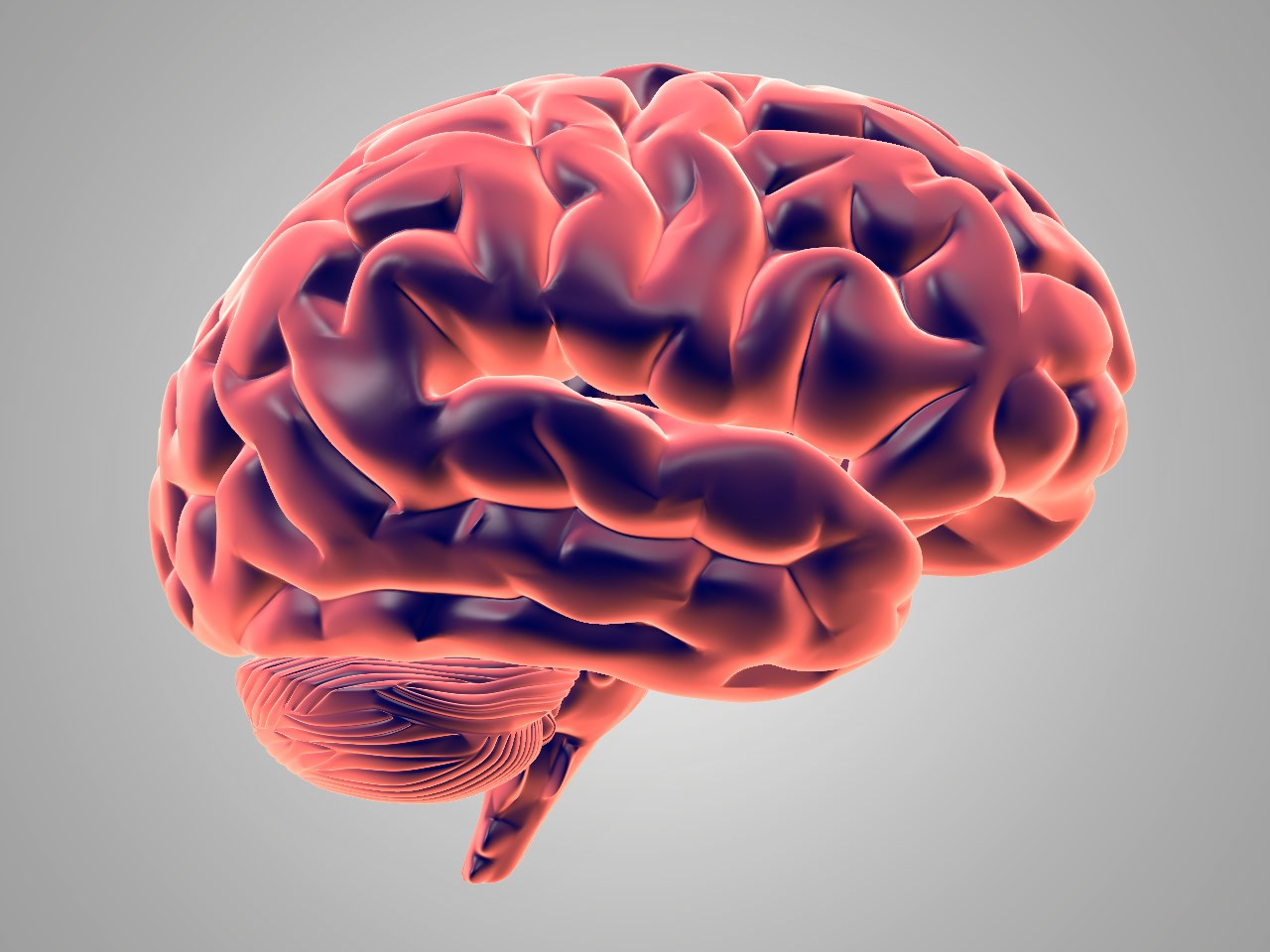The lab is available to researchers 24/7, uses real human neurons and uses the Python programming language, creating a “dream bridge between biology and data scientists,” according to Jordan.
After accessing the provided login/password, researchers gain the ability to remotely send electrical signals to neurons and receive their responses. It is then the responsibility of researchers to devise optimal algorithms for controlling the behavior of the organoids.
Users can mimic memory function by using periodic electrical stimulation to reinforce synapses through repetition, thus making desired pathways stronger.
Researchers do this by training the organoids through a reward system. The organoids are rewarded with dopamine, the neurotransmitter responsible for pleasure (and addiction).
Meanwhile, as “punishment,” the organoids are exposed to chaotic stimuli, such as irregular electrical activity.
A live view of the biochips working in real-time can be found at www.finalspark.com/live.
Still think it's kinda neat, but with clearly disturbing implications.
I don't find brain organoids to be disturbing or all that interesting. Organoids are not very different from classical cell culture. And organoids of human neurons are not very different from organoids of mouse neurons.
This is not anything like a human brain living in a dish.
Please share this worldly knowledge you have on what signals in a brain translate into thoughts, memories, pleasure, and discomfort, because you should publish that immediately! Nobody else in the world knows what these things are, whether they exist in organoids, mouse neurons, insect brains, etc. if you have that data don't keep it secret!
We have lots of evidence from legions (like a stroke or surgery) that show that various brain regions are necessary for the different brain functions you mentioned. These organoids have nothing like those brain regions.
Publish then! You'd be the first to tie a specific neuronal activity to a thought or memory
You don't need to "tie a specific neuronal activity to a thought or memory" to know whether a set of neurons can have humanlike memory or emotions. We know that specific brain regions are required for specific brain functions. Most famously, we know that hippocampi are necessary to form new episodic memories due to Patient HM. This organoid does not have anything like these necessary specific brain regions, so we can be pretty sure they don't have these human brain functions.
Also, I'm not sure what you mean by "tie a specific neuronal activity to a thought or memory" We've known examples of single unit neural activity being correlated with thoughts for many years, see place cells and Grandmother cells. Really, the whole field of systems neuroscience studies this at some level. And I think that field has made some progress.
you familiar with the field of neuoscience much? because we do know a fair bit.
Plus, these seem to be made from interneurons from skin cells. Basically, neurons who transmit signals along the nervous system. I'd be more concerned if they used Pyramidal cells which play more of a role in learning, cognition, and memory.
While interesting, you wouldn't say that keeping some tissue from the arm alive to be a "horror" on par with a brain in a jar.
idk about you but i would actually find it horrific if they kept tissue from a human arm alive (say, a bicep) and made it do stuff with electrical signals (say, lift something) for 'research purposes', that's actual Strogg behavior, we are approaching the Quake 4 future the fascists dream of
i would actually find it horrific if they kept tissue from a human arm alive (say, a bicep) and made it do stuff with electrical signals (say, lift something) for 'research purposes',
Buddy, I hate to tell you this, but that's literally what your brain does with your arm every single time you move it.
Other people: this isn't like a brain in a jar
Me, built different: i disagree
A bit unrelated but once there was an experiment to engineer pigs with some human organs for transplants and they shut it down because they couldn't guarantee a pig wouldn't develop a human brain.
Oh no, I hope they don't develop fingers and find a stash of assault rifles i forgot nearby






